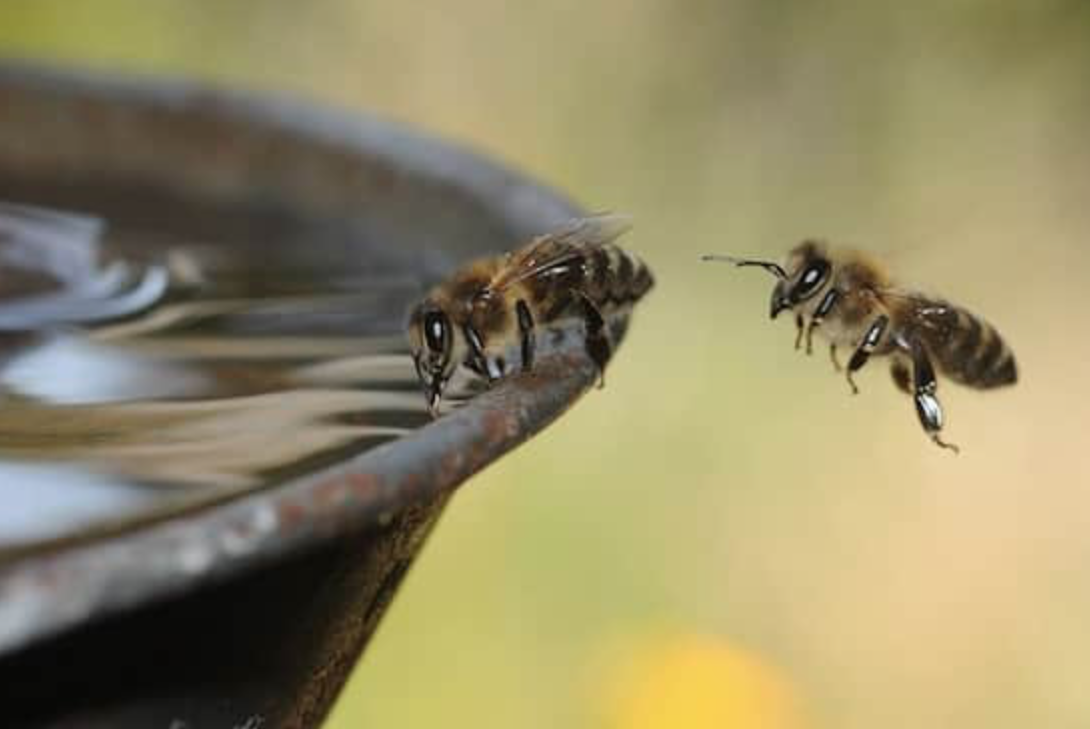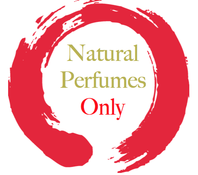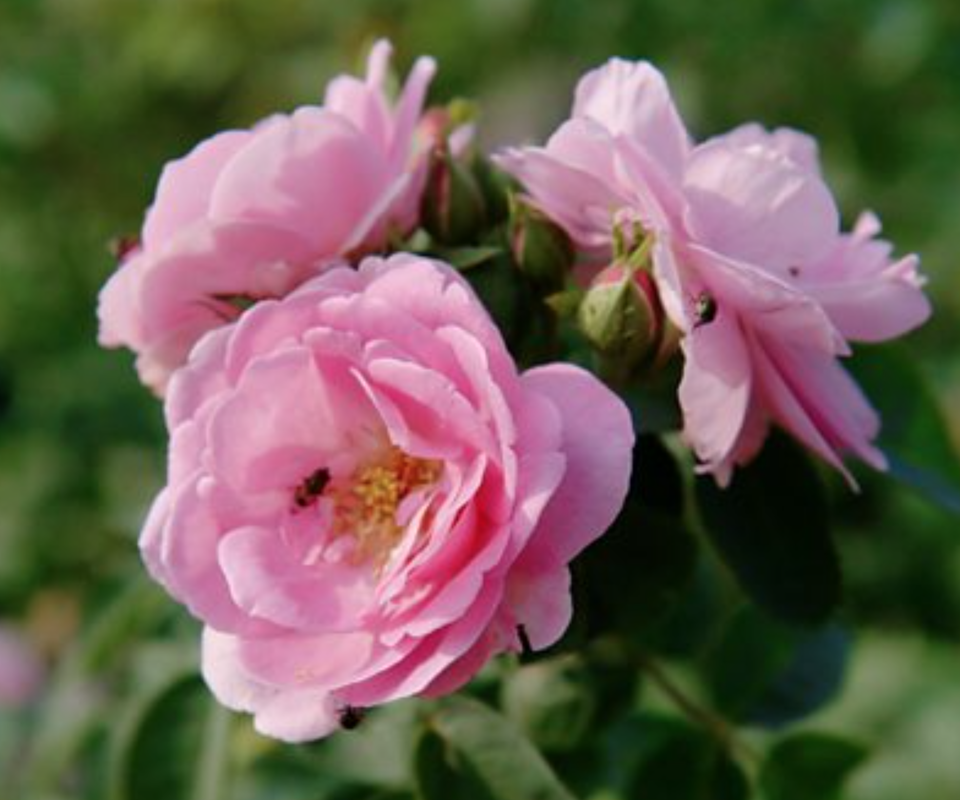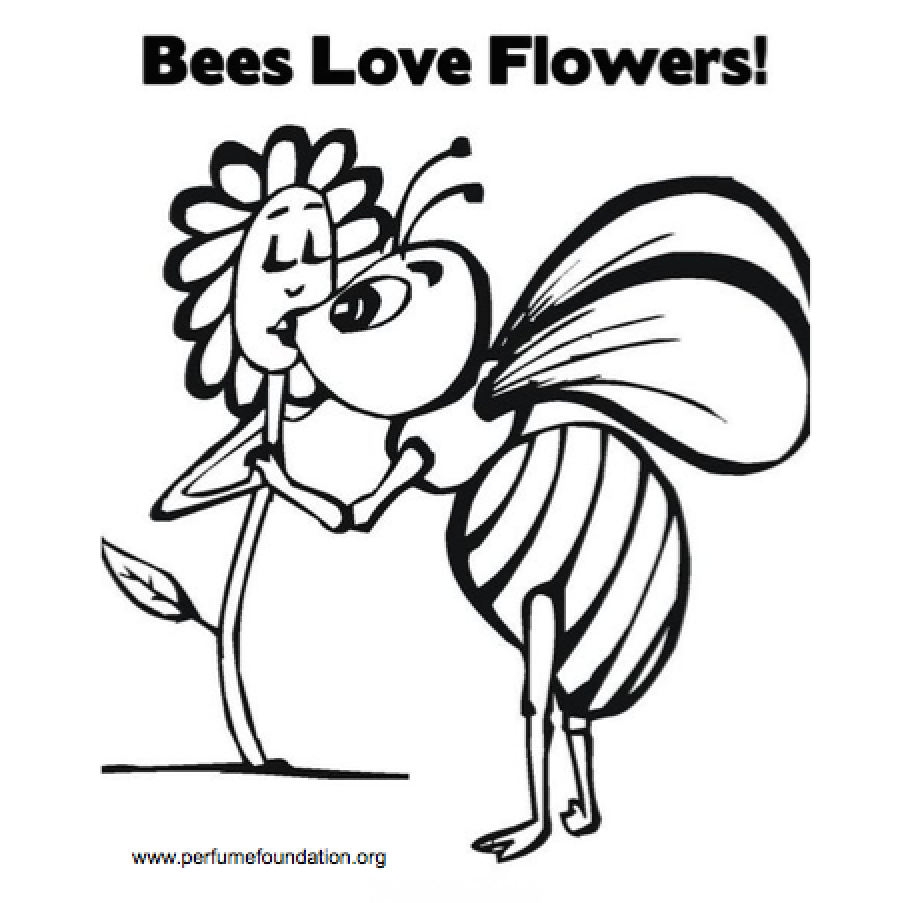|
International Bee Day 2018 is April 29. Let's add colors to bee’s lives in replanting flowers and plants they like. If you don’t have a garden, add some plants or flowers on your balcony and a small cup of water for bees. Protect Honeybees Latest reports were telling that agricultural plays an important role in the development of the health of honeybees. It was found out that the overall health of honeybees is greatly influenced by production in agriculture. Many of our native plants require pollination to spread their seeds from plant to plant, and we depend on bees for agricultural production. They also provide a way to reconnect with nature. By keeping bees in our garden and farms, it's a way for us to engage with our natural environment. Everyone should contribute to the survival of bees Bees are important not only for their production of honey but also for the survival of our natural foods. Bees and other pollinators are part of our important eco-system allowing us to enjoy fruits and vegetables. Since regulators and politicians can play an important role in forbidding pesticides and promoting natural pest controls, then everyone has an important role to play in the protection of bees and pollinators. The lack of fragrant flower fields on Earth is becoming a real problem for the bees. Replanting flowers on the planet will also support the bee’s work. The Perfume Industry should take a huge responsibility in the current decline of bees. Perfume used to be made from flowers and there were thousands of flower fields all over the planet giving work to millions of people. Since the chemical industry took over the cosmetic industry, flower fields have been replaced by synthetics and brands are giving consumers the image of flowers instead of real flowers. Bees have a very powerful sense of smell, 100 times more powerful than a human’s. Honeybees use their antennae to detect odor. According to research by the National Institutes of Health, published in the "Genome Research" journal, honeybees have 170 odor receptors, or chemoreceptors, in their antennae. This is high for an insect -- fruit flies (Drosophila melanogaster) have 62 receptors and mosquitos (Anopheles gambiae) have 79. The honeybee’s sense of smell is so sensitive that it can detect the trace of a scent in flight. This ability equips the bee to effectively and efficiently locate pollen-rich flowers. Once the scent is detected on the antennae, the bee’s hypersensitive olfactory path processes the information, enabling the bee to determine the relevance of the scent to their search for pollen. Honeybees use their sense of smell to locate other bees and for finding food as well. In contrast to their highly developed sense of smell, the bee’s sense of taste is somewhat basic. They use their tongues, which contain taste buds, to detect sour, bitter and sweet -- the same range of taste detection that humans use -- but since they gather lots of information from smell, enabling them to taste before the pollen touches the tongue, they’ve effectively done all of the research necessary before the sustenance reaches their mouths. Since bees provide benefits to plants by means of pollination, plants have not evolved any defense mechanisms against bees. This means that no plants produce distasteful or harmful pollen.  In asking for Natural Perfumes, you can help the bees! In asking for Natural Perfumes, you can help change the whole perfume industry distribution chain. Asking for Natural Perfumes is, in effect, asking the perfume industry to return to replanting flowers and plants instead of producing synthetic copies of flowers for perfumes in laboratories. All our Natural Perfumers are starting the movement replanting flowers for their perfumes. Some of them are also beekeepers. In buying their products, you will support the replanting of flowers for the bees while healing yourself in reconnecting with nature. To learn more about the Bees join the International Perfume Foundation Facebook Group
Friends who like International Perfume Foundation like Bees Donate to support the action of the International Perfume Foundation, replanting flower fields for the bees (World Heritage Program)
8 Commentaires
|
Why Natural Perfumes are important to our LifeFind here the many reasons to choose Natural Perfumes. ArchivesCatégories
Tous
|



 Flux RSS
Flux RSS
